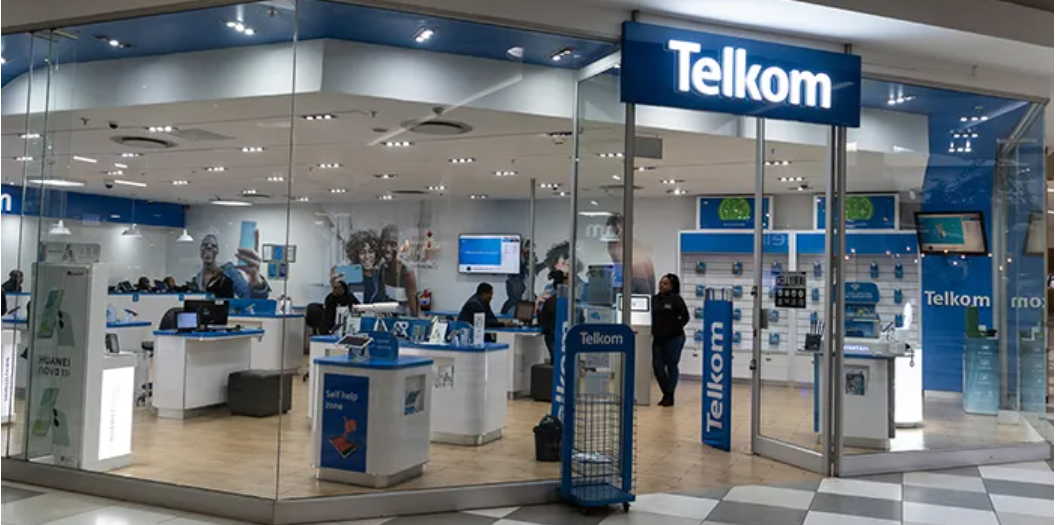Telkom has announced its decision to retain Openserve, its wholesale and network division, signaling a strategic shift in how it manages key assets. This move marks a pause on plans to sell the unit and positions Telkom to better address South Africa’s growing broadband demand while enhancing its financial and operational outlook.
This development reflects Telkom’s commitment to bolstering connectivity solutions and responding to the dynamic needs of the telecommunications sector. By keeping Openserve, the company departs from its recent asset-light strategy, focusing instead on leveraging its core infrastructure for sustained growth.
In early 2024, Telkom sold its Swiftnet masts and towers business for R6.75 billion ($355.4 million) to a consortium led by Actis and Royal Bafokeng Holdings to improve liquidity and reduce debt. However, withdrawing Openserve from the market signals a recalibrated focus on retaining critical assets. Openserve, a leading provider of broadband infrastructure in South Africa, now forms a cornerstone of Telkom’s long-term strategy.
By retaining this division, Telkom aims to strengthen its market position amid rising demand for high-speed internet and data services. The company anticipates that holding onto Openserve will enable it to capture future revenue growth opportunities and maintain tighter control over operations, such as cost management, service quality, and the implementation of new technologies.
While the decision forgoes immediate liquidity from a potential sale, Telkom believes that retaining Openserve provides greater long-term financial benefits. With South Africa’s broadband adoption surging, Openserve’s extensive network infrastructure offers significant potential for revenue growth.
Additionally, Telkom’s ownership of Openserve enhances its ability to scale high-speed fibre and 5G infrastructure deployment, ensuring reliability and improved service offerings. These operational advantages align with the country’s increasing reliance on robust digital connectivity.
Telkom’s approach diverges from a broader trend among African telecom operators, who have been divesting non-core assets to streamline operations. By choosing retention over divestiture, Telkom underscores the strategic importance of owning its core infrastructure and signals confidence in its ability to deliver sustained growth in a competitive market.
This bold move could inspire other telecom operators across the continent to reassess asset retention as broadband and data services become essential for Africa’s digital transformation.
Telkom’s decision to maintain Openserve reflects a forward-looking approach that prioritizes resilience and adaptability. As South Africa’s digital landscape evolves, this strategy positions Telkom to thrive in a market increasingly driven by connectivity demands.
In opting to hold onto Openserve, Telkom has reaffirmed its focus on long-term growth and its commitment to shaping the future of telecommunications in South Africa.




